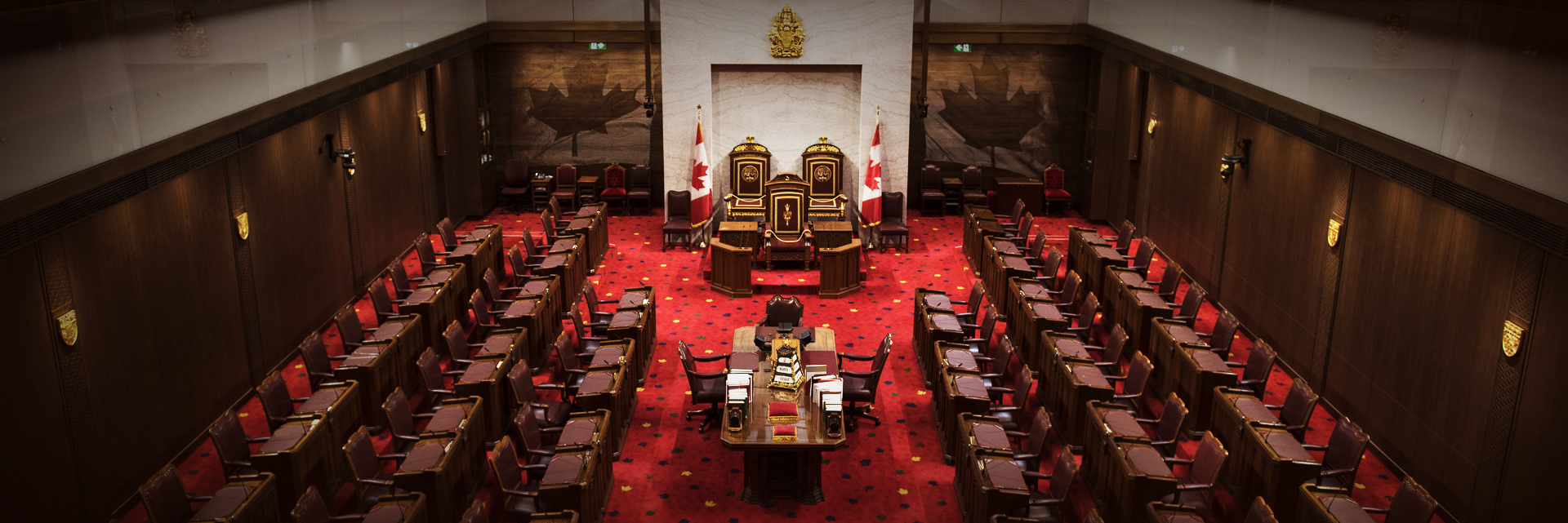
SENATORS’ STATEMENTS — Battle of Hong Kong
December 7, 2023
Honourable senators, I was going to read this on November 11, but I didn’t get a chance, and then we had the break. But it’s about the Battle of Hong Kong, so I’m going to read it now. It is December 7.
In Hong Kong, they fought from the gin drinker’s line to Stanley Fort, and had little or nothing to fight with — the British issued 303s, Bren guns and bayonets. The thinking was the Royal Regiment of 2,000 Canadians could hold off three divisions of Japanese armed with heavy artillery and five squadrons of planes until we evacuated the wounded and civilians. The Canadians and the few regiments of British were brave enough and probably crazy enough to try. The Canadians were always brave enough or crazy enough. They were too young and too polite to ever say no. That’s the real secret.
At Repulse Bay, 30 Canadians, most of them New Brunswickers, charged 300 Japanese and scattered them but lost 2 men themselves. They fought under withering aircraft fire and a barrage of fire from enemy ships in the harbour. The HMS Prince of Wales had been sunk.
They kept thinking reinforcements would arrive. Nothing and no one came. They were on their own until they were forced back, after almost two weeks of bloodshed, into Stanley Fort, where they made a defensive position trying to present the hospital, and they were overrun.
There were two nurses at the hospital, a young British woman and a young Canadian woman, and the wounded men rolled from their beds and tried to protect them, but to no avail. The rest of the men were marched into four years of bondage, servitude, forced labour and starvation. Often they were beaten with bamboo sticks while forced to stand at attention by Kamloops Joe, a Japanese Canadian who sided with the Japanese once they were captured.
Still, they retained their disciplined rank and file, washed their clothes of lice and refused to salute the Japanese guards even on pain of execution. Thirty-six of these men were from Jacquet River, New Brunswick. Eleven of them died from either battle, dysentery or beating. To give some indication of how old these kids were, when they joined the army, the biggest moment for them all is that they were going to take a train. None of them had ever been on a train before.
When they were freed in 1945, New Brunswick Corporal Andrew Flannagan weighed 67 pounds; some weighed less. The survivors rescued by the Americans were given a great deal of food and drink. What did the New Brunswick boys do? They realized that the Japanese guards were themselves starving, so invited them to dinner.
I wanted to tell you this. I wanted us to realize that when we dismantle our Armed Forces and disassemble our defence, we’re spitting in the face of the memory of those mighty kids who gave so much simply because someone told them they should.
I wish to remind us all of what George Orwell has written: we are allowed this assembly, these wonderful conversations, galas and polite societies because rough men are willing to practise rough trade on our behalf — and I would add very brave women as well.
No one should ever forget these heroic moments put on the line for us all. Thank you.

